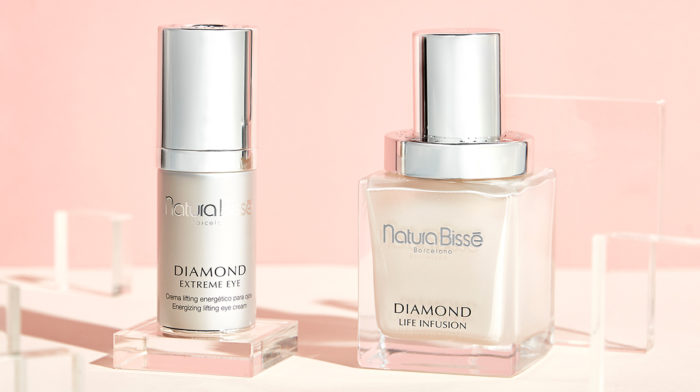Whether opting for a mineral, chemical or hybrid formula, applying sunscreen is a crucial step in your daily skincare and sun care routine. But if shopping for SPF has left you confused as to which product will offer all-round protection and be compatible with your skin’s specific needs, our guide to choosing the best sunscreen is here to help. Discover the difference between mineral and chemical sunscreen, the pros and cons of each formula, and find out which products are best for your skin type and lifestyle.
Table of Contents:
- What is Mineral Sunscreen?
- What is Chemical Sunscreen?
- Best Sunscreens for Acne-prone, Oily and Sensitive Skin Types
- Best Sunscreens for Dry Skin
- Best Sunscreens for Dark Skin Tones
- Best Sunscreens for Active Lifestyles
What is Mineral Sunscreen?
Mineral sunscreen, also known as physical sunscreen, utilizes a mineral-based formula to help protect against sun damage. Two of the most common ingredients in mineral sunscreen, zinc oxide and titanium dioxide, work by creating a barrier on the skin that blocks and reflects UV rays from the sun.
Pros & Cons
Pros
- Starts providing protection as soon as it is applied
- Often recommended for children, pregnant women and those with sensitive skin
- Can be applied on top of makeup and other skincare products
- Hypoallergenic and non-comedogenic
Cons
- Can sometimes leave a white cast
- Can rub off and rinse off more easily so more frequent application is often needed
What is Chemical Sunscreen?
Chemical sunscreen protects against UV rays through a chemical reaction, allowing light into the skin rather than physically blocking. The chemicals in the sunscreen partially absorb UV rays into the skin, before converting them into heat which is released from the skin.
Pros & Cons
Pros
- Considered easier to apply as it leaves no white residue often associated with mineral sunscreen
- Tends to be more lightweight and sheer, making them suitable for oily skin types
- Typically more water- and sweat-resistant
- Can be more options available in the form of oils, serums and sprays
Cons
- Can take up to half an hour for effective sun protection after application
- Sometimes unsuitable for sensitive skin types
How to Choose the Best Sunscreen for You
When it comes to choosing the best sunscreen for yourself, you need to consider your skin type and lifestyle. This may influence your choice of mineral or chemical sunscreen, the application format and the feel and finish of the formulation.
Acne-prone, Oily and Sensitive Skin Types
For acne-prone, oily or sensitive skin types, a mineral sunscreen is the best choice as UV-blocking agents in chemical sunscreen can often cause breakouts and flare-ups.





